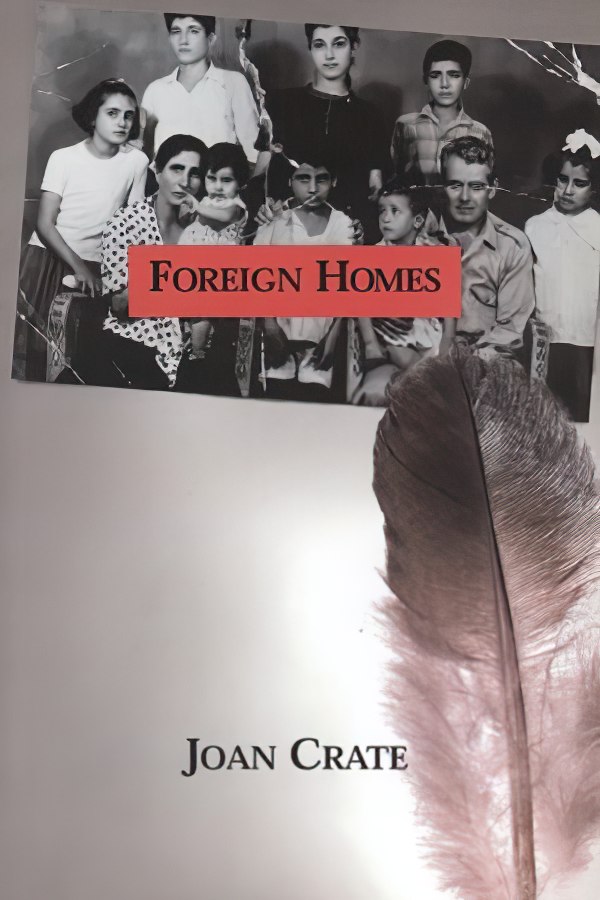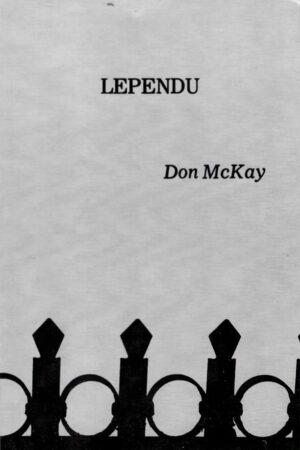Foreign Homes by Joan Crate
$12.00 – $15.00
Shortlisted for the 2002 Pat Lowther Award
Domesticity and dislocation where what was thought to be home becomes alien, and where the alien is, piece by piece, made into home
8.75 x 5.5 Inches | 84 Pages
Publication Date: January 16, 2002
Trade Paperback ISBN: 9781894078191
|
Trade Paperback $15 |
|
|
EPUB + PDF $12 |





